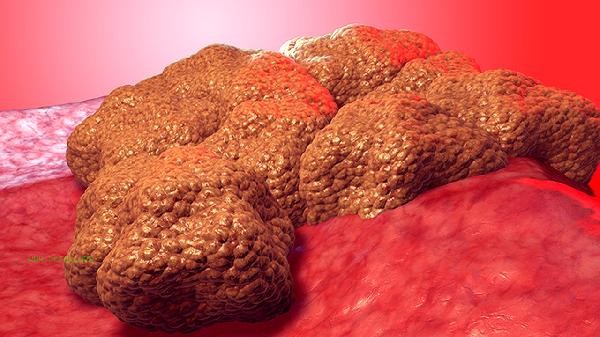The absolute value of eosinophils is 0.08 × 10 ⁹/L, which is mildly elevated and not severe in most cases. It may be related to allergic reactions, chronic inflammation, endocrine disorders, blood system abnormalities, or drug factors.

1. Allergic reactions:
Allergies to pollen, dust mites, or food can stimulate eosinophils to release histamine, leading to a mild increase in the value. Usually accompanied by symptoms such as itching and urticaria, it is necessary to determine the cause through allergen testing. After leaving the allergic environment, the values can gradually return to normal, and if necessary, antihistamines can be used according to medical advice.
2. Chronic inflammation:
Chronic inflammatory diseases such as rheumatoid arthritis and ulcerative colitis may cause an increase in eosinophils. This type of disease is usually accompanied by typical symptoms such as joint swelling and pain, diarrhea, etc. It needs to be diagnosed through serological tests and imaging. Controlling the cell count after the primary disease can often improve.
3. Endocrine diseases:

hypothyroidism, diabetes and other metabolic abnormalities may affect granulocyte differentiation. Patients often experience symptoms such as fatigue and weight gain, and thyroid hormone and blood glucose levels need to be tested. After hormone replacement therapy or blood glucose regulation, the indicators may fall back.
4. Hematological abnormalities:
Early myeloproliferative diseases such as polycythemia vera may only present as mild elevation of eosinophils. When accompanied by symptoms such as facial flushing and splenomegaly, it is necessary to complete a bone marrow puncture examination. This type of situation requires specialized intervention in hematology.
5. Drug factors:
Corticosteroids, interferons, and other drugs may interfere with granulocyte distribution. After 2-4 weeks of discontinuation, the values can usually recover on their own, and blood routine changes need to be monitored during this period. If it continues to rise, other pathological factors should be considered.

It is recommended to regularly review blood routine and observe trend changes to avoid exposure to known allergens. Maintaining a balanced diet and supplementing with moderate amounts of vitamin C and Omega-3 fatty acids can help regulate immunity. Moderate aerobic exercise can improve basal metabolism, but excessive fatigue should be avoided. If the value continues to rise or is accompanied by symptoms such as fever and bleeding tendency, timely bone marrow biopsy and other in-depth examinations should be performed. Daily attention should be paid to recording changes in symptoms to provide reference for doctors' diagnosis.









Comments (0)
Leave a Comment
No comments yet
Be the first to share your thoughts!